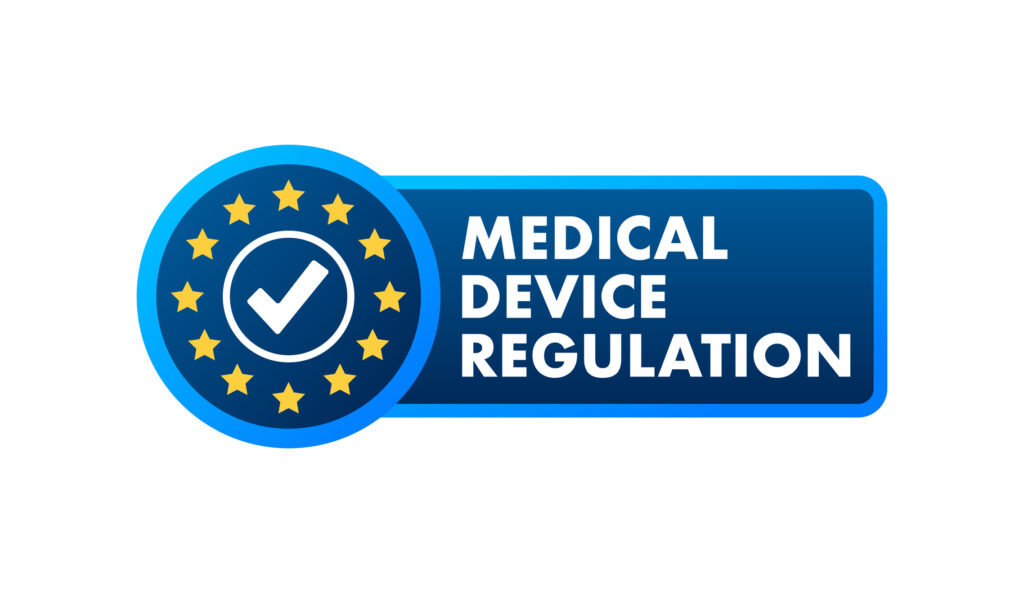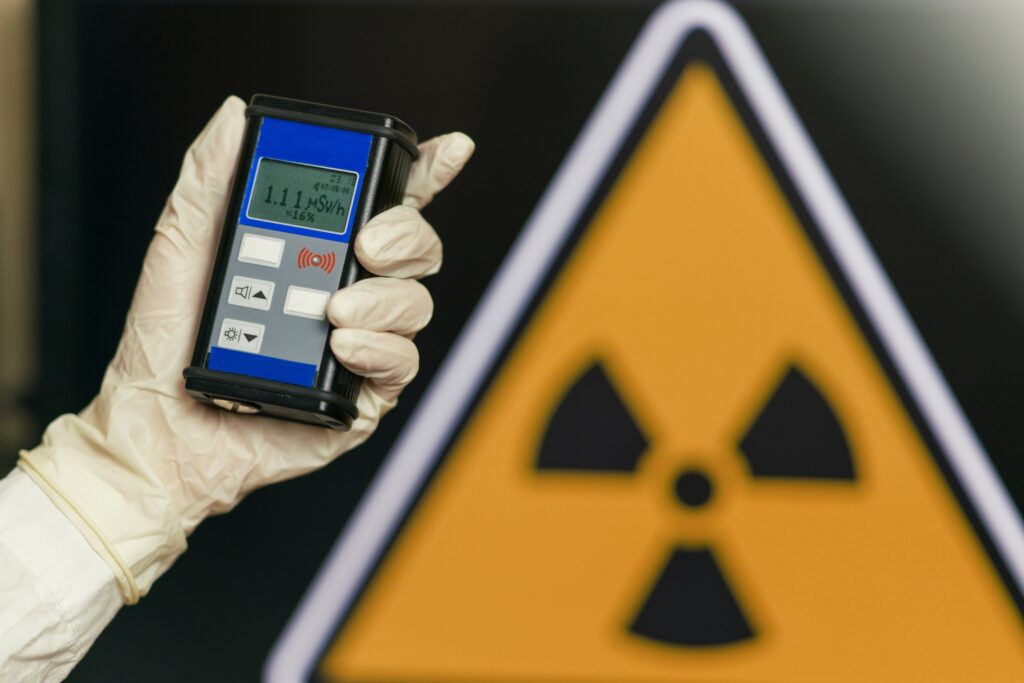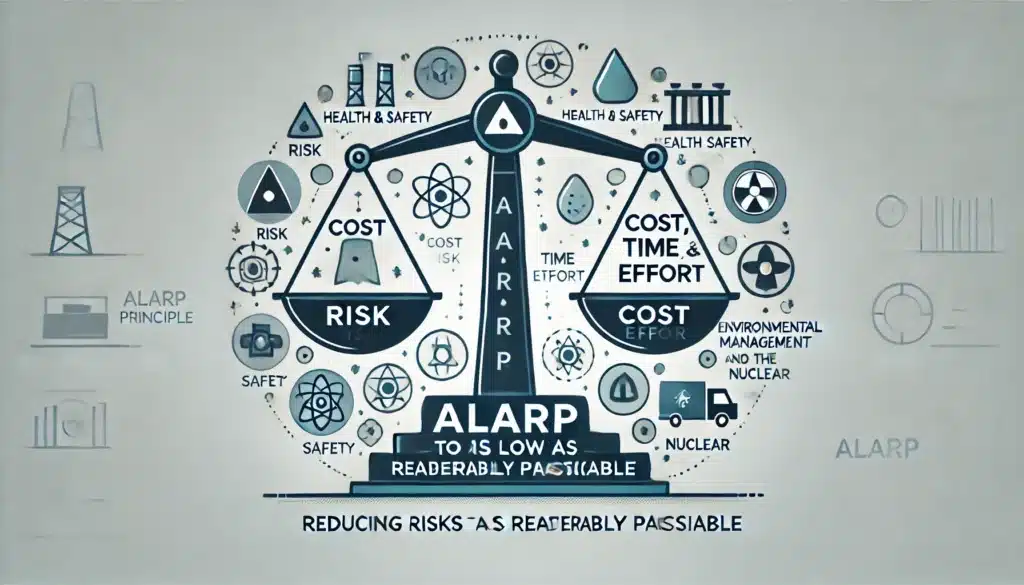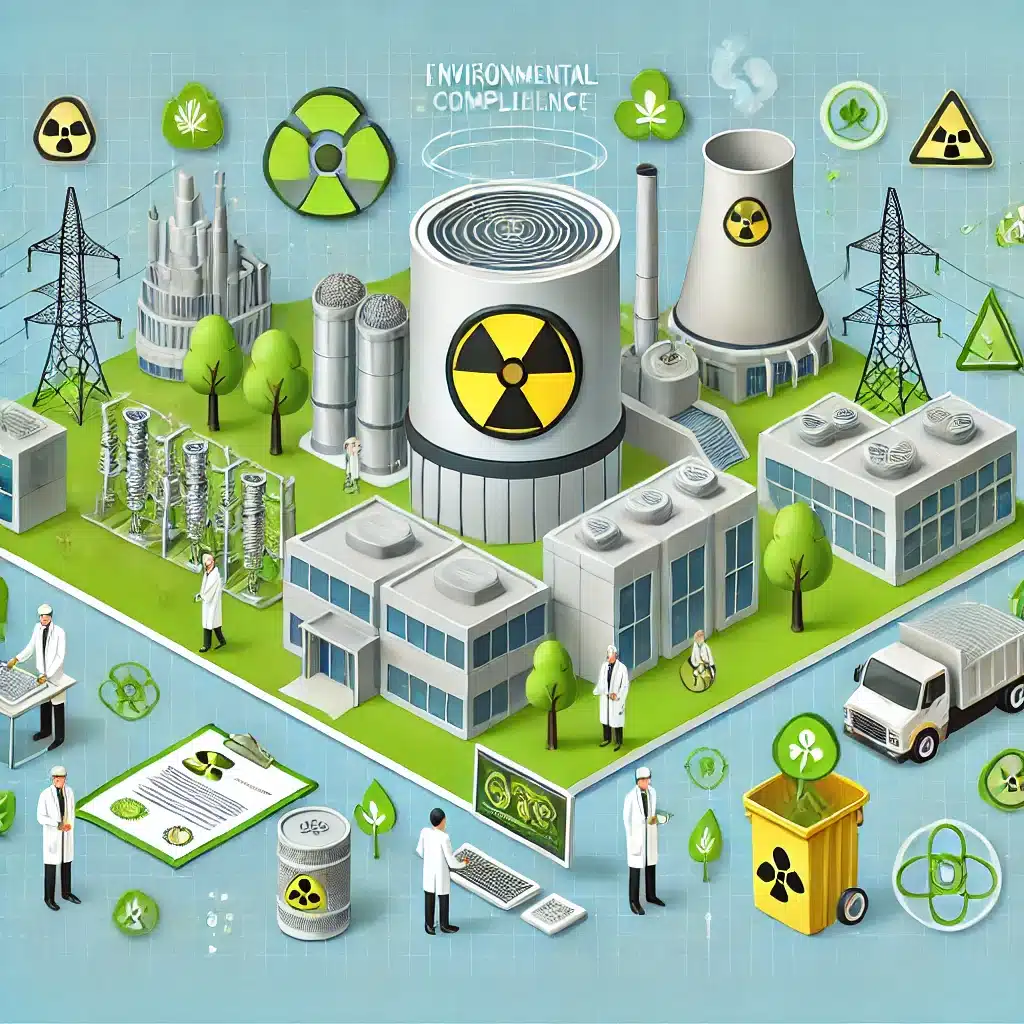Good Manufacturing Practices (GMP) are critical in ensuring the safety, quality, and efficacy of radiopharmaceuticals. This article provides an overview of the fundamental principles and specific requirements of GMP in radiopharmaceutical production. It covers the importance of maintaining high standards in various aspects of manufacturing, including facility design, personnel training, quality control, documentation, and product handling. Special attention is given to the unique challenges posed by radiopharmaceuticals due to their radioactive nature and short half-lives. By adhering to GMP, manufacturers can minimise risks and ensure the safe and effective use of these products in medical diagnostics and treatments.
Introduction to Good Manufacturing Practices
Radiopharmaceuticals play a vital role in medical diagnostics and treatments, particularly in the fields of oncology, cardiology, and neurology. As these products involve the use of radioactive substances, the standards for their manufacture must be exceptionally high to ensure their safety, quality, and efficacy. Good Manufacturing Practices (GMP) are a set of guidelines that provide a framework for manufacturers to maintain these standards throughout the production process.
The manufacture of radiopharmaceuticals presents unique challenges that distinguish it from the production of other pharmaceuticals. The radioactive nature of the materials, their short half-lives, and the complexity of the production process require stringent controls to minimise risks to both the patient and the environment. This article provides an in-depth overview of GMP in radiopharmaceuticals, focusing on the key principles and requirements that ensure the safe and efficient production of these critical products.
Principles of GMP in Radiopharmaceuticals
The primary goal of Good Manufacturing Practices GMP is to ensure that products are consistently produced and controlled to meet the quality standards appropriate for their intended use. In the context of radiopharmaceuticals, this involves not only traditional pharmaceutical quality concerns but also additional considerations related to radiation safety and the handling of short-lived isotopes.
Quality Assurance
Quality assurance (QA) is at the core of Good Manufacturing Practices GMP and encompasses all the activities and processes that ensure the product meets its intended quality specifications. In radiopharmaceuticals, QA involves rigorous testing of both the raw materials and the final product to confirm that they comply with the required safety, efficacy, and purity standards. The radioactive nature of these products necessitates additional safety measures, such as ensuring that the radioactive dose is within the prescribed range and that the product’s shelf-life is appropriate, given its rapid decay.
Facility Design and Environmental Control
The design of the manufacturing facility is crucial in radiopharmaceutical production. GMP guidelines stipulate that facilities must be constructed and maintained in a way that minimises the risk of contamination, both chemical and radioactive. Cleanrooms with controlled air filtration systems are typically required to prevent particulate contamination, and shielding must be incorporated into the design to protect workers from radiation exposure.
Environmental control is also essential for preventing cross-contamination between radioactive and non-radioactive areas. Segregated zones are established for different stages of production, and access to these areas is tightly controlled. The use of dedicated equipment for handling radioactive materials and the implementation of strict decontamination procedures further minimise contamination risks.
Personnel and Training
Highly trained personnel are fundamental to the successful implementation of GMP in radiopharmaceutical production. Due to the specialised nature of the work, staff must be thoroughly trained not only in GMP principles but also in radiation safety and the specific procedures associated with the handling of radioactive materials.
GMP guidelines require that personnel involved in radiopharmaceutical production undergo continuous training to stay updated on new regulations, technologies, and best practices. This training includes both theoretical knowledge and practical skills, such as the correct use of protective equipment, radiation monitoring devices, and safe handling techniques.
Documentation and Record Keeping
Accurate documentation is a cornerstone of GMP. Every step of the radiopharmaceutical manufacturing process must be thoroughly documented to ensure traceability and accountability. This includes the documentation of raw material sourcing, production processes, equipment calibration, and quality control testing.
Batch records are particularly important in radiopharmaceutical production due to the short shelf-life of the products. GMP guidelines require that each batch of radiopharmaceuticals is produced in accordance with a pre-approved manufacturing protocol, and any deviations from the protocol must be documented and justified.
Equipment and Calibration
The equipment used in radiopharmaceutical production must be designed, installed, and maintained to ensure consistent performance. GMP guidelines emphasise the importance of equipment calibration, particularly for devices that measure radioactive doses. Regular calibration is necessary to ensure that these devices provide accurate and reliable readings, which are critical for ensuring patient safety.
In addition to calibration, equipment must undergo routine maintenance to prevent breakdowns that could disrupt production. Preventative maintenance schedules are established as part of the GMP framework, and any equipment failures must be documented and investigated to determine the root cause and prevent recurrence.
Challenges in Radiopharmaceutical GMP
The unique properties of radiopharmaceuticals introduce additional challenges to the implementation of GMP. These challenges include the handling of radioactive materials, the need for rapid production due to the short half-lives of the isotopes, and the complexity of quality control testing.
Radioactive Materials
The radioactive nature of radiopharmaceuticals presents a significant challenge in GMP compliance. Manufacturers must take special precautions to protect workers from radiation exposure and prevent environmental contamination. Shielding is required for both the production equipment and the facility, and workers must wear protective clothing and use personal radiation monitoring devices.
Handling radioactive materials also requires strict adherence to safety protocols to prevent accidental exposure or contamination. GMP guidelines mandate that all personnel handling radiopharmaceuticals must be trained in radiation safety and must follow established procedures for the safe handling, storage, and disposal of radioactive waste.
Short Half-lives
Many radiopharmaceuticals have very short half-lives, which means that they decay rapidly and lose their efficacy within hours or even minutes. This imposes strict time constraints on the production process, as the product must be manufactured, quality-tested, and delivered to the patient within a very short timeframe.
GMP compliance in this context requires efficient production processes and rapid quality control testing. Any delays in the manufacturing process can render the product unusable, which could result in both financial losses and delays in patient care. Manufacturers must, therefore, implement robust scheduling and coordination systems to ensure that the production and delivery processes are optimised for speed and efficiency.
Quality Control and Testing
Quality control (QC) is an integral part of GMP, and in radiopharmaceuticals, QC testing is particularly complex due to the need to measure both the chemical and radioactive properties of the product. In addition to testing for purity, sterility, and potency, QC procedures must also verify that the radioactive dose is within the specified range and that the product is safe for administration to patients.
Radiopharmaceutical QC testing is further complicated by the short half-lives of the products. The testing must be completed quickly to ensure that the product can be administered before it loses its effectiveness. This requires the use of specialised testing equipment and highly trained personnel who can perform the tests accurately and efficiently.
Regulatory Framework for Radiopharmaceutical GMP
GMP for radiopharmaceuticals is regulated by various national and international organisations, including the European Medicines Agency (EMA), the US Food and Drug Administration (FDA), and the International Atomic Energy Agency (IAEA). These organisations provide detailed guidelines on the manufacturing, quality control, and handling of radiopharmaceuticals to ensure that they are safe for use in medical settings.
European Union
In the European Union, GMP for radiopharmaceuticals is regulated by the EMA under the Directive 2001/83/EC and the Annex 3 of the EU GMP guidelines. These regulations specify the requirements for the manufacture, quality control, and distribution of radiopharmaceuticals within the EU.
The EMA guidelines emphasise the importance of controlling radioactive contamination, maintaining sterility, and ensuring that the product’s radioactive dose is within the prescribed range. In addition, the guidelines address the specific challenges associated with the short half-lives of radiopharmaceuticals, such as the need for rapid production and testing.
United States
In the United States, radiopharmaceutical GMP is regulated by the FDA under Title 21 of the Code of Federal Regulations (CFR) Part 212, which governs the manufacturing, testing, and distribution of positron emission tomography (PET) drugs. The FDA regulations are similar to those in the EU, with a focus on ensuring the safety, quality, and efficacy of radiopharmaceuticals.
The FDA guidelines also address the unique challenges of radiopharmaceutical production, including the handling of radioactive materials and the need for rapid production and testing. Manufacturers must comply with these regulations to ensure that their products meet the FDA’s safety and quality standards.
International Atomic Energy Agency
The IAEA provides additional guidance on the safe handling and production of radiopharmaceuticals, particularly in countries where regulatory frameworks may be less developed. The IAEA’s guidelines emphasise radiation safety and the prevention of environmental contamination, as well as the need for strict adherence to GMP principles in the manufacture of radiopharmaceuticals.
Conclusion
Good Manufacturing Practices (GMP) are essential for ensuring the safety, quality, and efficacy of radiopharmaceuticals. The unique challenges posed by the radioactive nature of these products require stringent controls and specialised procedures throughout the production process. From facility design and personnel training to quality control and regulatory compliance, every aspect of radiopharmaceutical manufacturing must adhere to the highest standards to ensure that the final product is safe for use in medical diagnostics and treatments.
By following GMP guidelines, manufacturers can minimise the risks associated with the production and use of radiopharmaceuticals, ultimately ensuring that these life-saving products are delivered to patients in a safe and effective manner.
Disclaimer:
This article, Overview of Good Manufacturing Practices (GMP) in Radiopharmaceuticals, is provided for informational and educational purposes only. It is not intended to serve as regulatory guidance, professional advice, or a substitute for official standards issued by regulatory authorities. While Open Medscience strives to ensure the accuracy and relevance of the information presented, no guarantee is given regarding its completeness, correctness, or suitability for any particular purpose. Readers are advised to consult applicable regulatory documents and seek expert guidance before implementing any GMP-related procedures or practices in radiopharmaceutical production. Open Medscience accepts no liability for any loss, damage, or consequences arising from reliance on the content of this article.




